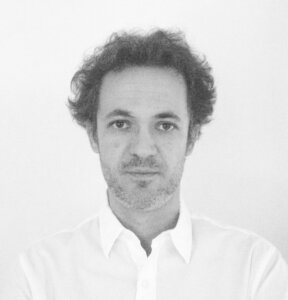
Name and Surname
Aleksandar Bošković
Affiliation
Columbia University
Contact email
ab3865@columbia.edu
Short Biography
Aleksandar Bošković is Lecturer in Bosnian-Croatian-Serbian at the Department of Slavic Languages and Literatures at Columbia University. He is a scholar of Russian and East European modernism, Yugoslav, post-Yugoslav and Balkan Studies, with a strong background in comparative literature, critical theory, and visual studies. He specializes in avant-garde literature and experimental art practices explored through the lenses of comparative media. He is the recipient of several grants and fellowships, including Collegium de Lyon Fellowship (2019-2020) and Michael I. Sovern/Columbia Affiliated Fellowship at the American Academy in Rome (2023-24). Bošković is the author of the monograph The Poetic Humor in Vasko Popa’s œuvre (2008), and co-editor of The Fine Feats of the ‘Five Cockerels’ Gang: A Yugoslav Marxist-Surrealist Epic Poem for Children (2022) and Zenithism: A Yugoslav Avant-Garde Anthology (2023).
Research abstract
My project investigates the relationship between negation practices across different arts and media in the former Yugoslavia—literature, film, visual arts, radio—and the notion of value(s). The aim of my project is twofold. First, it is to stress that the legacy of Yugoslav Zenithism should be recognized as the “conceptual unconscious” of the experimental art practices in Socialist Yugoslavia. The second, and more noteworthy goal is to offer a completely new perspective on negation practices of Yugoslav experimental art, bringing them in close relation to the concept of (symbolic, economic, social, and political) value(s). Value is a key issue if we perceive social worlds as a project of mutual creation, and a shared culture, as something collectively made and remade. My research contributes to the current debates on Yugoslav culture and experimental art by demonstrating that the question of value (along with the concept of “nothing” as its condition) is the kernel of vanguard cultural narratives of a shared future. It pinpoints that such a “culture of a shared future” is not one of identity, but of responsibility. Radical Yugoslav art practices remind us that the same principle applies to post-Balkans and Europeans: responsibility instead of identity.
